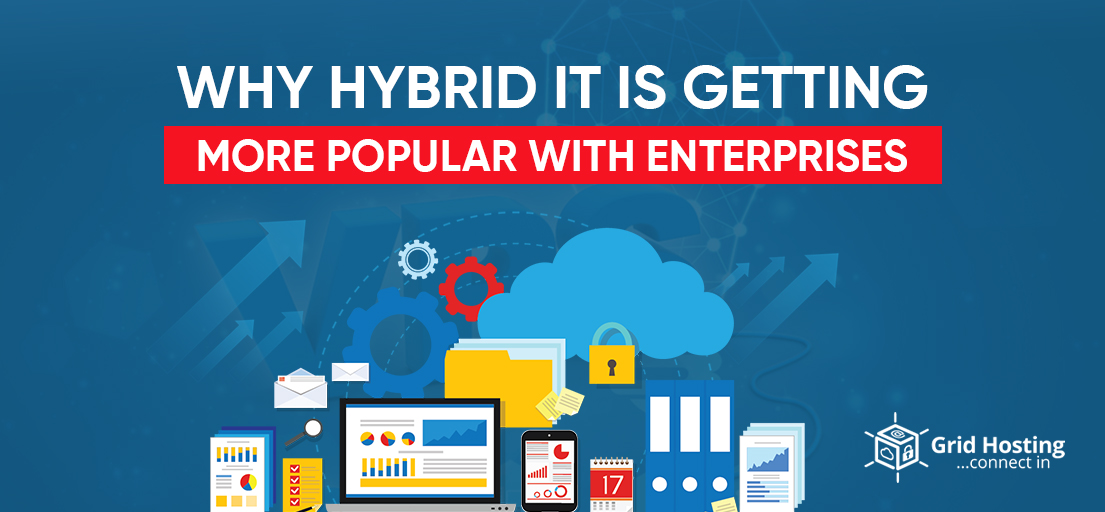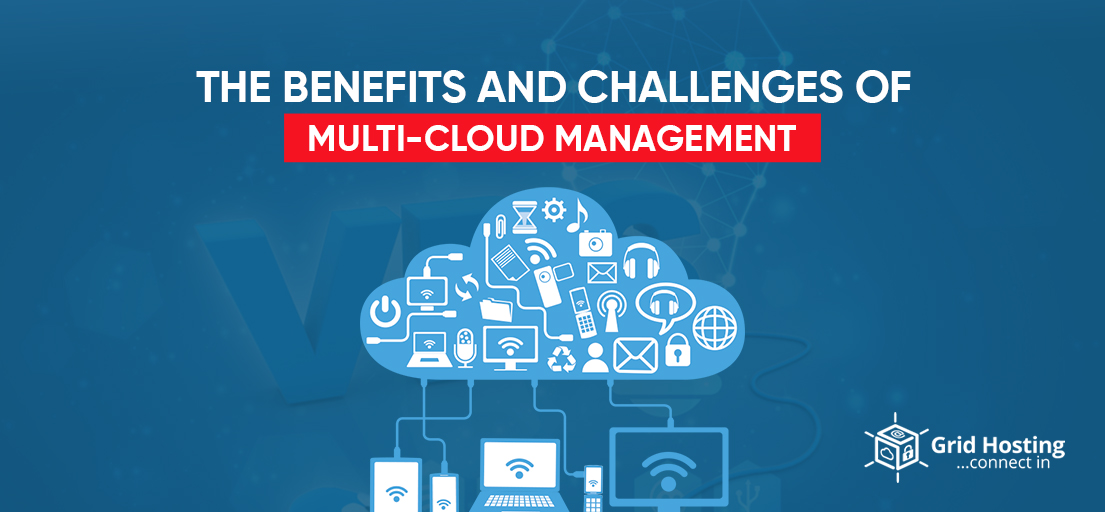In today’s quickly changing technological environment, businesses always fight to adapt to fulfill the demands of their stakeholders, customers, and the broader market. One strategy that has proven essential for many businesses is hybrid IT, which combines on-premises and cloud-based services.
Businesses may satisfy their varied business needs while optimizing their IT infrastructure with this hybrid strategy, which is scalable, secure, and flexible. The attractiveness of hybrid IT keeps growing as businesses look to innovate, optimize processes, and maintain competitiveness in an increasingly digital world.
This article will examine the main causes of hybrid IT’s growing appeal to businesses, including its capacity to offer scalability and flexibility, improve security, cut expenses, and guarantee business continuity.
Definition of Hybrid IT
Hybrid IT combines on-premises legacy technology, private and public cloud services, and IT infrastructure platforms. In the past, businesses relied exclusively on standardized IT infrastructure solutions. However, as complexity has increased, there has been a recent shift towards more specialized solutions.
This move to hybrid IT can be attributed to three primary factors: evolving business requirements, more widely available cloud-based software as a service (SaaS) options, and the growing requirement to protect data more due to regulatory limitations.
How Does the Hybrid Cloud Work?
We are aware that hybrid clouds allow data to flow between various cloud environments by combining internal, private, and public clouds. However, how does a hybrid cloud operate? Hybrid cloud networking is made possible through connecting tools and protocols. Wide area networks (WANs), virtual private networks (VPNs), and application programming interfaces (APIs) are all included in this. These are the instruments that link several computers together.
Workloads can be distributed by utilizing this interconnected basis. This is what makes it possible for different clouds to hybridize. Resources are abstracted and gathered into data lakes via virtual machines and software-designed storage. After that, management software assigns the resources to the proper environments so they may be instantly supplied and authenticated.
Reasons For The Popularity of Hybrid Cloud Solutions
Flexibility and Scalability
With the unmatched flexibility and scalability that hybrid IT provides, businesses may dynamically modify their IT resources in response to demand. Cloud services enable quick resource scaling up or down as needed, while on-premises infrastructure offers stability and control. Because of its adaptability, businesses may effectively manage changes in workload without investing too much or too little in resources.
-
Cost Optimization
Cost optimization is one of the main forces supporting the use of hybrid IT. Through the utilization of both cloud and on-premises resources, businesses may maximize their IT expenditures. For predictable workloads with constant resource needs, they can leverage on-premises infrastructure; for workloads that are sporadic or unexpected, they can leverage the cloud. This hybrid strategy reduces hardware capital costs while giving users access to affordable cloud services as needed.
-
Geographic Reach and Compliance
Businesses having international operations are subject to a variety of data privacy and sovereignty laws. With the help of cloud platforms’ centralized management and worldwide connectivity, hybrid IT enables businesses to deploy workloads in particular areas by local data protection regulations. With this broad reach, businesses may grow internationally while still adhering to local laws and protecting data sovereignty.
-
Customization and Specialization
With hybrid IT, businesses can tailor their IT infrastructure to certain industry standards and business requirements. Businesses can use specialized cloud services for other tasks like data analytics, DevOps, or customer relationship management, but retain proprietary or sensitive data on-premises. With the help of this customization, businesses may use the specialized knowledge of cloud service providers in particular fields to optimize performance, security, and compliance within their IT systems.
-
Vendor Lock-In Mitigation
For businesses that depend entirely on one cloud provider for all of their IT requirements, vendor lock-in is a risk. By allowing enterprises to split workloads over several cloud platforms and on-premises infrastructure, hybrid IT reduces this risk. Businesses can stay independent of a single vendor and retain flexibility in selecting the best services and price options for each workload by using a multi-cloud approach. This strategy offers more negotiating power during service-level agreements and contract talks while lowering the risk of being trapped in the ecosystem of a single vendor.
-
Security and Compliance
Hybrid clouds provide the ideal balance of security and compliance for sectors like healthcare and finance that must adhere to stringent regulations. While non-sensitive data might benefit from the scalability of the public cloud, sensitive data stays in the private cloud.
-
Improved Disaster Recovery
Robust solutions for disaster recovery are offered by hybrid clouds. In both private and public cloud systems, data backup and replication may be effectively handled, guaranteeing business continuity in the case of an unplanned disaster.
-
Hybrid Workforce Support
Hybrid cloud solutions provide an adaptable framework for managing a distributed workforce, in line with the growing popularity of remote and hybrid work modes. Workers may work from home, the office, or on the go and still have secure access to critical apps and data.
Read More: Key Differences Between Public vs Private IP Addresses
To Wrap It All Up
The growing acceptance of hybrid cloud solutions is evidence of their capacity to satisfy the various and changing requirements of contemporary enterprises. Hybrid clouds offer an all-around solution that takes into account the finest aspects of both cloud computing and security, while also striking the ideal balance in terms of scalability and affordability. To maintain agility, security, and competitiveness in the digital era, think about the advantages of using a hybrid cloud approach. This route is here to stay and provides the greatest features from both the public and private cloud worlds.
For Special discounts and offers, visit our official Facebook Page






